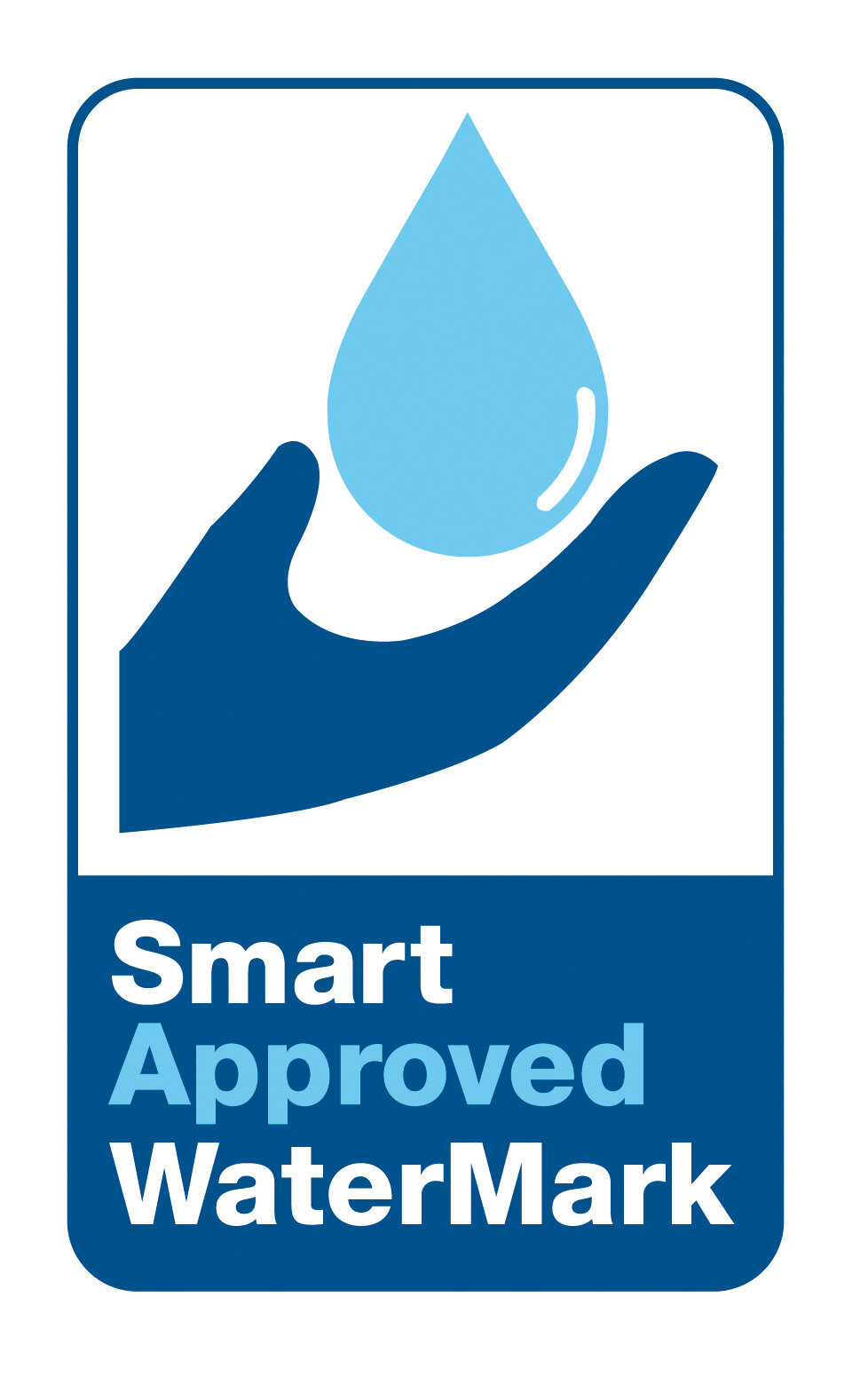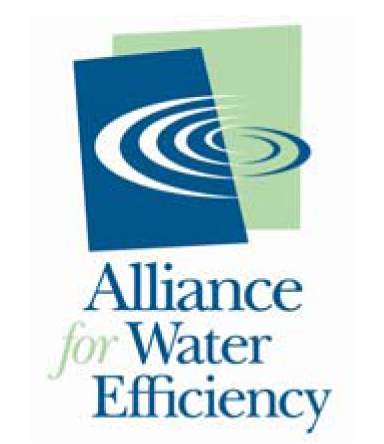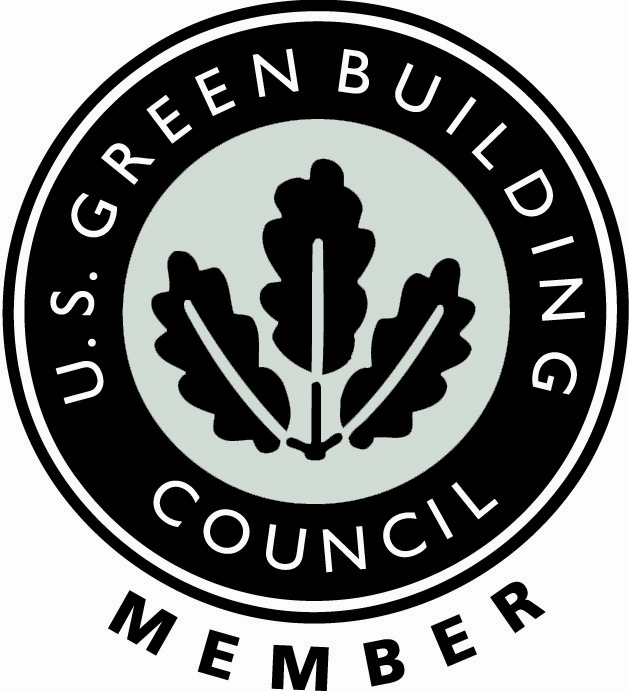Photo by LYCS Architecture on Unsplash
Whether it’s in your home, school, or office, there’s a good chance that mysterious odors will someday develop in your home’s bathrooms, commercial facility restrooms, or kitchens. Where the odor is coming from is the big mystery. Looking high and low often does not help. But when you look down — toward the floor — that’s where you often find the culprit.
Many odors in bathrooms, restrooms, showers, and kitchens are coming from floor drains. This happens for a multitude of reasons, including the following:
1. Gunk build-up. Floor drains are designed to catch and remove not only water and liquids, but also all types of gunk, for lack of a better word. This includes hair, grease, soap, food, and more. Over time, it can begin to lodge onto the sides of the pipes below the floor drain, and the longer it hangs around, the more likely it will start to produce odors.
Photo by Adrian Lange on Unsplash
2. Bacteria. The reason gunk begins to smell is because bacteria forms. This is really what is causing the odor. Pipes are a perfect setting for bacteria to develop. There is adequate moisture and, in most cases, sufficient oxygen.
3. Blocked vents. The plumbing systems in homes and commercial facilities are equipped with vents. These allow trapped gasses to travel through the pipes and be released outside, where they dissipate into the air if working correctly. However, if the vent is blocked or somehow clogged, these gasses will leak through the drain, releasing odors into the home or facility.
4. Sewer gasses. Under every drain is a P-trap, a U-shaped pipe designed to hold a small amount of water. However, this water can and frequently does evaporate. For instance, this traditionally happens when schools are closed for the summer or prolonged periods of time. And due to COVID and building closures, this has been happening much more frequently. Further, we must add that when sewer gasses are released from drains, it can be dangerous, as these fumes are often toxic.
Of all the issues just mentioned, the only one that requires calling a plumber is if a vent is blocked. But for all the others, there are some very easy and quick steps you can take without calling a plumber. Among them are the following:
Boiling water. Never underestimate the power of boiling water when opening clogged drains. Dishwasher maintenance specialists often use boiling water to unclog drains from dishwashers. This happens frequently, especially with older dishwashers. You can do the same to eliminate odors from drains. Carefully pour boiling water down the floor drain and then wait. It may take time for the odor to disappear, and you may need to repeat this procedure a couple of times before determining if it was effective.
Vinegar. Vinegar can be very effective at eliminating drain odors, especially if it is heated. This is the part many people are unaware of. While it should never be boiling, the added heat improves the effectiveness of the acetic acid in the vinegar, which helps it eliminate bacteria and remove the gunk and bacteria in the pipes.
Sewer gasses. Once again, this is a very inexpensive and easy fix.
What most commercial facilities use, and this product can be used in homes as well, is EverPrime. What EverPrime does is fill the U-trap we mentioned earlier with a biodegradable liquid. EverPrime lasts for months, does not evaporate, is little impacted by extreme cold or heat, and prevents sewer odors from being released from all types of drains, including those in floors, sinks, showers, and more.
So there you have it. Now we know where that mysterious odor is coming from and, even better, we now know how to fix it.












